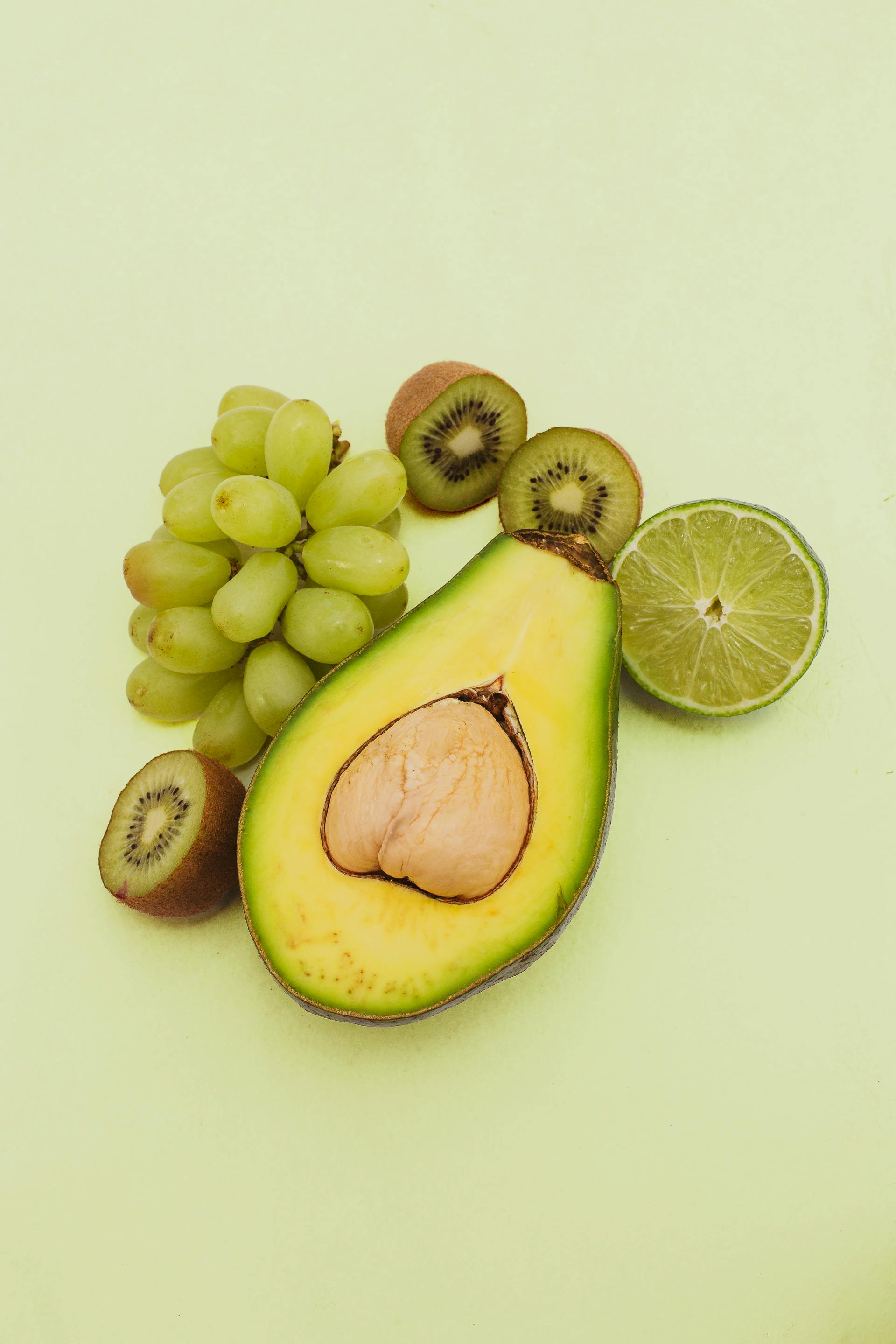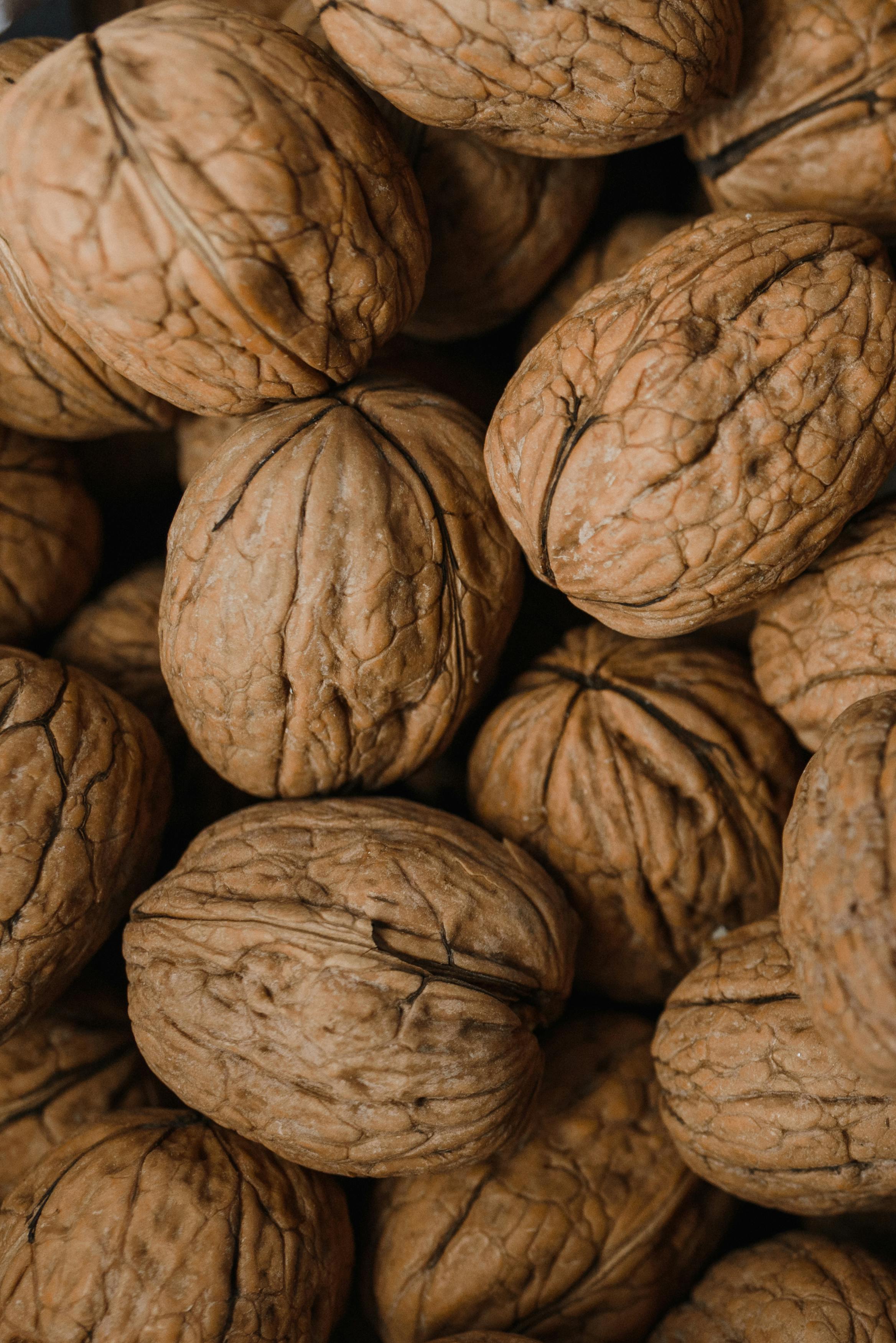
Essential Guide to Electrolytes for Carnivore Diet Success
The carnivore diet has gained popularity for its unique approach to nutrition, focusing exclusively on animal products. As individuals transition to a meat-based diet, understanding the role of electrolytes becomes crucial for overall health and hydration. Electrolytes, including sodium, potassium, magnesium, and calcium, are vital for maintaining the body’s balance and optimizing performance, especially in a low-carb context. This article explores the best electrolytes for the carnivore diet in 2025, their functions, and how to ensure you're meeting your electrolyte needs.
Electrolytes play a significant role in muscle function, hydration, and maintaining energy levels, particularly for those following a strict carnivore or ketogenic diet. An imbalance of electrolytes can lead to muscle cramps, fatigue, and even serious health issues. Therefore, understanding the sources and requirements of these essential minerals is paramount for anyone looking to thrive on a meat-centered nutrition plan.
In this guide, we will cover the best sources of electrolytes, the health benefits they provide, and practical tips for maintaining electrolyte balance. We aim to help you understand how to make informed food choices, optimize your nutrition, and achieve your health goals on the carnivore diet.
Top 5 Electrolytes for maintaining Health on a Carnivore Diet
Understanding Sodium and Its Importance
Sodium is one of the primary electrolytes that plays a crucial role in fluid balance, nerve function, and muscle contraction. Unlike many diets that recommend lowering sodium intake, the carnivore diet may require increased sodium. Meat products, especially processed meats, contain varying levels of sodium, so it’s possible to adjust your intake effectively.
As you embark on your carnivore lifestyle, consider incorporating sodium-rich foods, such as bacon and cured meats, to maintain proper hydration and electrolyte balance. Additionally, keeping track of your sodium intake allows for better blood pressure regulation, promoting overall heart health while on a meat-based diet.
Potassium: A Vital Electrolyte
Potassium is essential for muscle function and heart health. While many fruits and vegetables are known for their potassium content, there are also significant sources available in animal products. Foods such as organ meats, including liver and heart, are particularly rich in potassium and ideal components of a carnivore meal plan.
On a low-carb diet, ensuring adequate potassium levels is vital, as a decrease in carbohydrate intake can affect potassium retention. Monitoring your potassium levels is crucial for preventing deficiencies. Supplements can be beneficial but should ideally be discussed with a dietitian.
Maximizing Magnesium Levels for Enhanced Wellness
Magnesium plays a pivotal role in various bodily functions, including muscle contraction, nerve signaling, and energy production. On a carnivore diet, seafood is a particularly good source of magnesium. Incorporating fatty fish, such as mackerel and salmon, not only adds variety to your meals but also boosts your magnesium intake.
It's significant to maintain proper magnesium levels as deficiencies can lead to symptoms like muscle cramps, fatigue, and irritability. Assessing your magnesium intake and incorporating magnesium-rich foods or supplements can lead to improved physical performance and overall wellness.
Calcium: The Building Block of Bone Health
Calcium is essential for bone health and plays a significant role in muscle contractions and blood clotting. While dairy is a common source of calcium, those following a strict carnivore diet may focus on other food choices. Bone broth, for example, offers a rich source of calcium available from the bones and connective tissues.
In addition to incorporating bone broth, eating fatty fish with bones, like sardines, can contribute to your calcium intake. Ensuring adequate calcium levels on the carnivore diet is crucial for bone density and reducing health risks associated with osteoporosis.
Finding Balance: Hydration Strategies for Carnivores
Proper hydration is vital for anyone, but even more so for those on a carnivore diet. When reducing carbohydrate intake, the body can experience a loss of electrolytes through water. This factor makes it essential to focus on hydration and electrolyte replenishment continuously.
Consider strategies for hydration, including electrolyte drinks specifically formatted for a carnivore lifestyle. These drinks can help maintain balance, provide essential minerals, and improve overall wellness while you navigate your meat-based diet. Monitoring your fluid intake and consulting with healthcare professionals can ensure you’re on track for optimal hydration.

Practical Tips for Maintaining Electrolyte Balance
Nutrient Timing and Meal Frequency
When preparing carnivore meals, consider nutrient timing. Meals spaced throughout the day allow for better nutrient absorption, helping to meet your electrolyte requirements. Pairing foods to maximize nutrient density, such as consuming organ meats with cuts of steak, can enrich your diet with a balanced profile of essential minerals.
Additionally, adhering to consistent meal timing can support metabolic health and energy levels. Listening to your body and adjusting your meal frequency as needed allows for a more personalized nutrition strategy.
Addressing Signs of Dehydration and Electrolyte Deficiency
Awareness of dehydration symptoms, such as muscle cramps, fatigue, or dizziness, is crucial. If you notice any of these signs, it may be indicative of an electrolyte imbalance. Adjusting your diet to increase sodium, potassium, magnesium, and calcium intake can help restore balance.
Moreover, keep track of how your body responds to changes in your diet. Regular check-ins on your hydration status and electrolyte levels can guide you to make timely adjustments and optimize your health.
Consulting with Nutrition Experts
Engaging with a dietitian experienced in carnivore and low-carb diets can provide tailored advice on managing electrolytes effectively. They can help create a meal plan that aligns with your health goals, addresses dietary restrictions, and ensures you are meeting electrolyte requirements.
This guidance can be invaluable in navigating the nutritional complexities of a carnivore lifestyle, enabling you to achieve dietary success while minimizing health risks.

Q&A: Common Questions About Electrolytes on the Carnivore Diet
What are the signs of electrolyte imbalance?
Common signs of an electrolyte imbalance include muscle cramps, fatigue, dizziness, and irregular heartbeats. It’s essential to monitor these symptoms, especially on a low-carb or carnivore diet, and adjust your electrolyte intake accordingly.
How can I ensure I'm getting enough potassium on a carnivore diet?
To maximize your potassium intake, focus on consuming organ meats, like liver, and fish such as salmon and mackerel. Including a variety of meat sources in your diet can also aid in achieving balanced potassium levels.
Is supplementation necessary for electrolytes?
While many can meet their electrolyte needs through a well-planned carnivore diet, some individuals may benefit from supplementation. Consult a healthcare professional to assess your personal needs and consider factors like activity level and dietary restrictions.
What hydration strategies can I implement?
Consider incorporating homemade electrolyte beverages, consuming nutrient-dense liquid options like bone broth, and maintaining a consistent fluid intake throughout the day. These strategies can significantly enhance your hydration levels while adhering to a carnivore diet.
How can I balance my electrolyte intake effectively?
Focus on a diverse range of animal products, monitor your hydration status, and consider nutrient timing. Additionally, consulting with dietitians or nutrition experts can help you create a balanced plan tailored to your specific health goals.